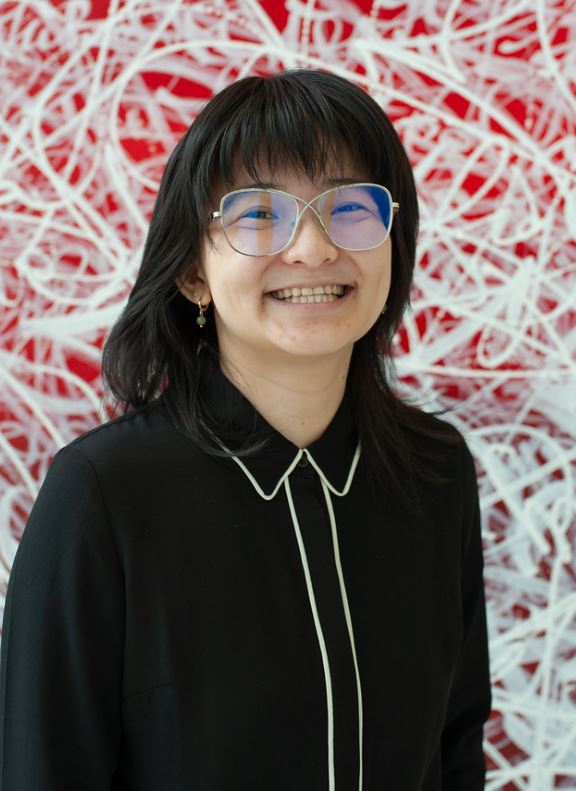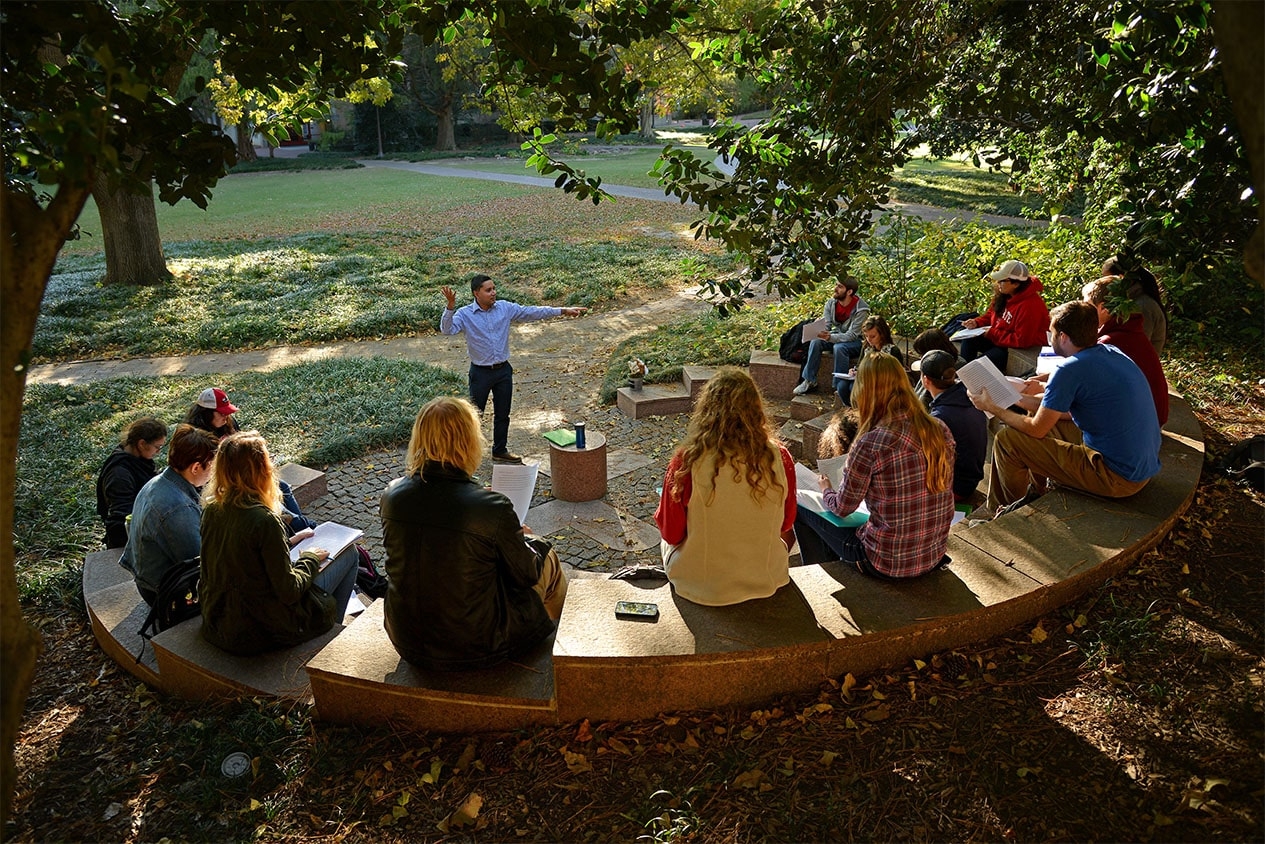IDS Hosts two Students as part of the Building Future Faculty Program

On March 21, IDS hosted two exciting junior colleagues – Maggie Mang and Jewell Humphrey, as part of NC State’s Building Future Faculty program. Both candidates gave a 20-minute presentation about their background and research.
The NC State Building Future Faculty (BFF) Program is a two-and-half day all-expenses paid workshop for doctoral students and post-doctoral scholars who are interested in pursuing academic careers and who are committed to promoting diversity in higher education. The program targets graduate students who are in the dissertation phase or post-doctoral.
The mission of the program is to prepare graduate students and postdoctoral scholars for faculty careers at NC State University and worldwide.
Jewell Humphrey

A doctoral student at the University of Los Angeles, California (UCLA), Jewell Humphrey’s research interests include Black feminism, Black digital humanities, and Black archival practices. Jewell’s presentation was titled “The Search for the Black Star Line: Digital Heritage Preservation.” After initiating research, Jewell began a public website to host what will continue to develop as a live archive of the 20th century Black movement, the UNIA. This will include curation of a wide variety of media collectively exhibited on this website for the access of memory and re-education, including 3D models of materiality, audio and visual aspects, music, and a curated gallery contextualizing historical photographs.
Maggie Mang

Maggie Mang is a fifth-year doctoral candidate in the field of Science and Technology Studies (STS) at Rensselaer Polytechnic Institute in Troy, NY. Maggie’s presentation was titled “Feeding the Masses: Animal Experimental Farms, Nutrition Sciences, and the Politics of Metabolism,” and her research focuses on the relationship between environments and bodies. Maggie’s dissertation investigates how agricultural animal science research has influenced implementation of population-level policies around human feeding and nutrition in twentieth century America. Using agricultural and medical archival materials, she traces the ways in which developments in agricultural animal science helped shape perceptions around the human body and their racialized, disabled, and gendered consequences.

